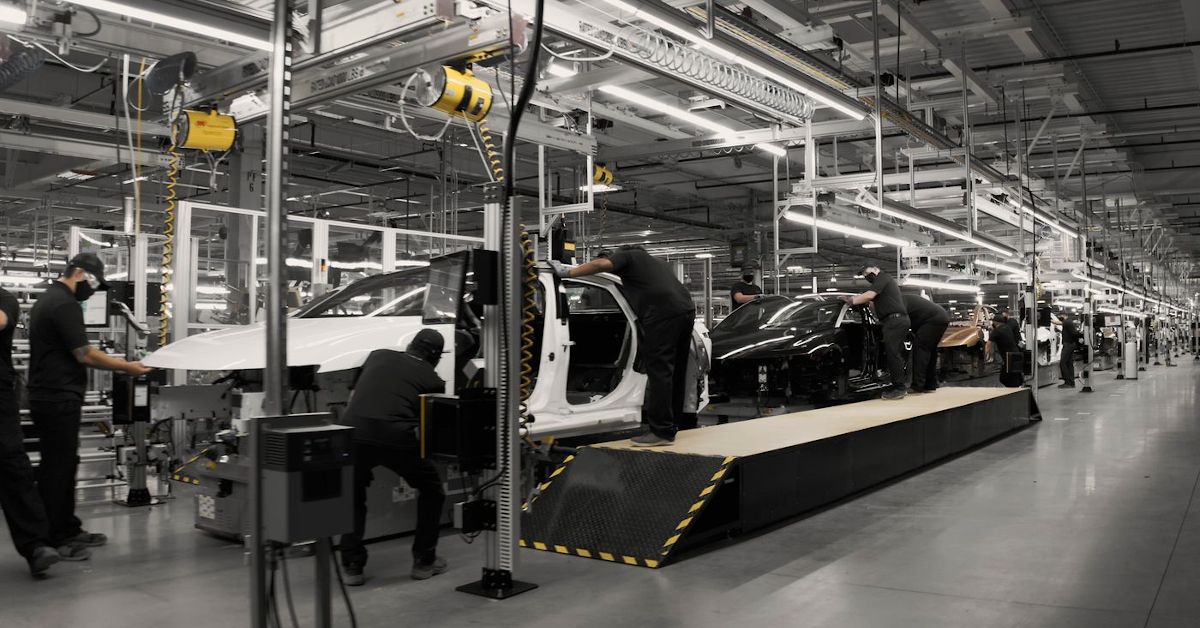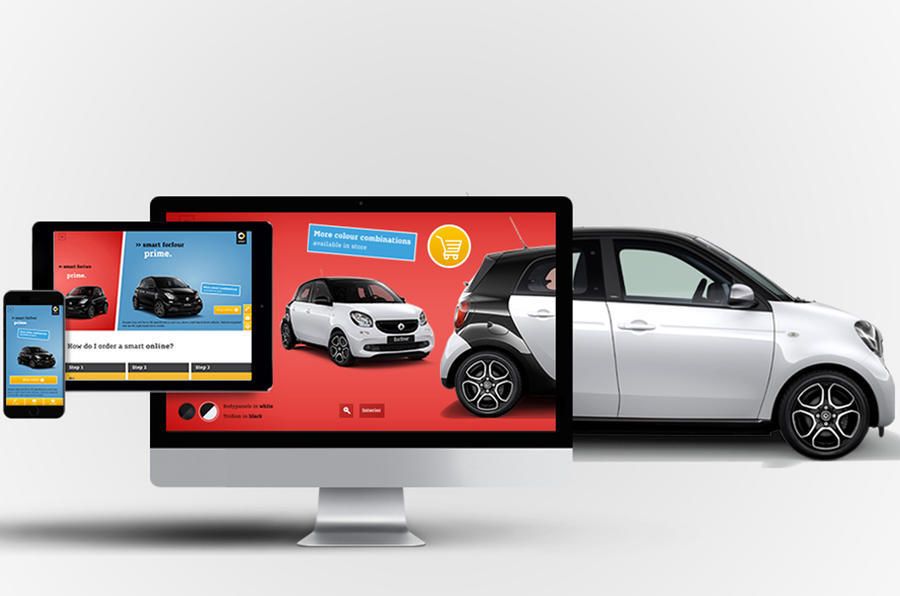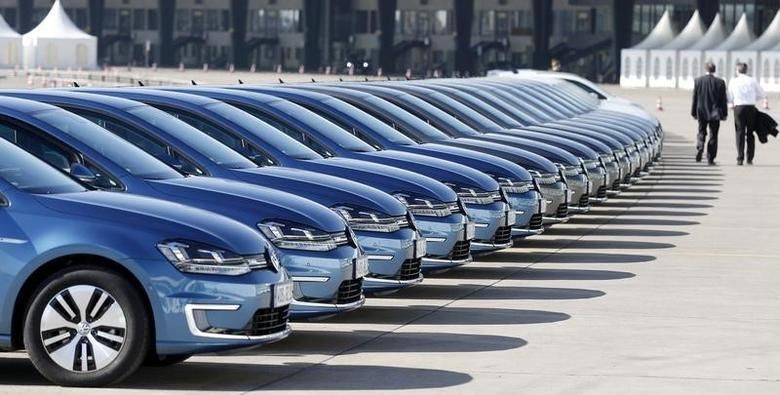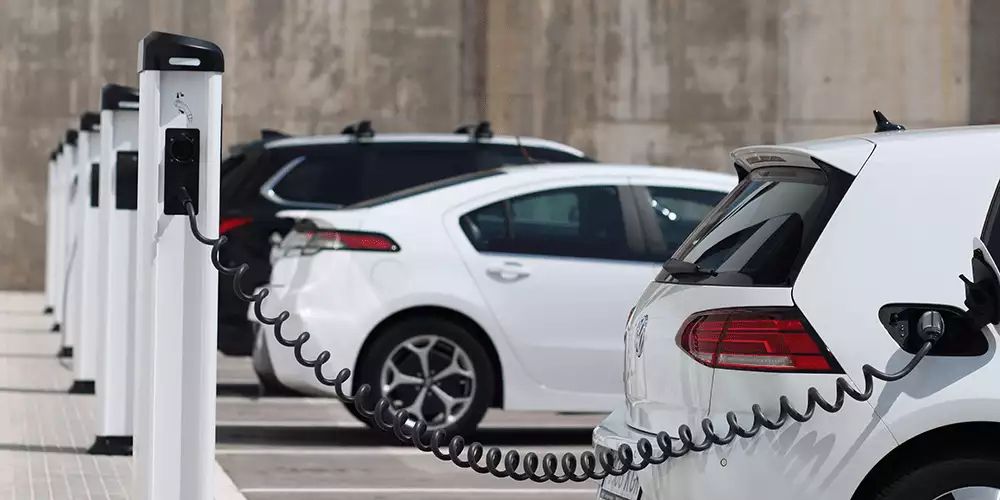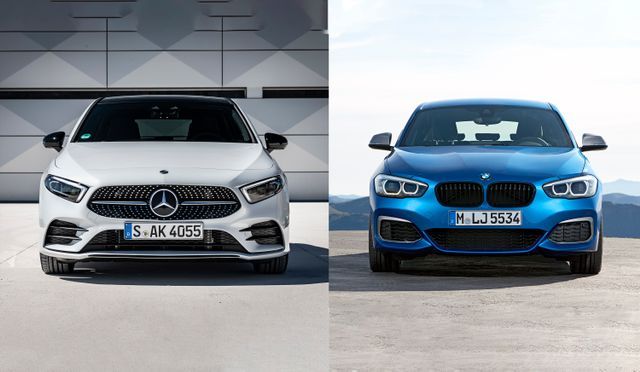The COVID pandemic timeline has been one of the most trying periods for mankind in recent history. The evaporation of jobs, the falling off of businesses, and the progressive tanking of the population’s health have been some of the aftershock events that have swept across the planet in every region indiscriminately. The auto industry has received no reprieve from the virus as well. Vehicle purchases have taken a backseat in most regions around the world, leaving the auto industry quite frail.
As the COVID vaccines that have been put forth begin to cover more ground across the globe, many players in the auto industry have strategies in the pipeline to bounce back into the economy. They are approaching this with cautious optimism, however, as mutations of the virus seem to point toward a possible rebound of the crisis.
While efforts to have autonomous driving by companies like GM and Daimler had slowed down following the shut down of companies and investor pull-back as a result of the virus, moving forward points toward doubling down on the efforts to catch up with current industry leaders, what with Tesla’s nightmarish self-driving experience. Fully autonomous solutions enabling physical distancing, and a host of other strategies are in the works in the auto industry.
We will reflect on plans by the auto industry to turn around profits post-COVID.
Companies Will Have To Bet On Online Presence
Studies from Deloitte paint the allegory of a market that is yet to pick up online car sales even post-covid. There is understandable concern around long-standing aspects of vehicle purchasing such as test-drives and parts integrity checking, that simply aren’t feasible from a current technological standpoint. This, however, only applies to securing an entire vehicle.
Getting customers at your door will require substantial investment in online visibility. Vehicle dealerships have observed the numbers of walk-in customers fall off a cliff, and even the most cyberphobic of users have had little choice other than to pull out their laptops and rummage through products online. Most dealerships wasted no time calling up the nearest web developer to string together an online shop, and those that didn’t fell back. After having had months to tinker around with the convenience of online shopping, few buyers will be looking to spend hours hopping from shop to shop in search of anything once the virus is contained.
Even with online presence being a common refrain among players in the auto industry, the ride back to profitability won’t be without bumps. Amid fears of job cuts and a failing economy, most of the population has actively been redeploying funds earlier slated for a vehicle. Moving into an optimistic post-covid era, however, it's better to have an online presence and not need it, than to need it and not have it.
The Auto Industry Will Be Looking For Deep Pockets
The modal mix has largely been restructured, and we have witnessed a plummet in the use of public means and ride-hailing. In their place, micro-mobility has been on the forefront with biking and walking take precedence. Individuals who have had their vehicles sitting idle in their garages have had put them back on the road after apprehensively getting back on the driver seat hoping that turning the key would actually start the car.
Even industry leaders like Volkswagen and Tesla had to pull back on production for weeks on end citing dropping sales and worker health concerns. This means that long-standing company plans among manufacturers have had to either get halted or scrapped away entirely, for an entirely different path that would adapt to the sudden change in consumer behavior.
Capital injection will largely be required to restructure manufacturing plants and other company resources for adaptability, as well as innovation, as fresh ideas will be imperative to cushion industries against the uncertain future. Seeing as brands all over the world will be treading through uncharted waters, experimentation will need to take its place as a first-class citizen within the business, and this will dramatically drive up company expenses.
Momentum will be required to trudge up the road to profitability for players in the auto industry, and every last coin will be needed to sustain it.
Growth Post Covid Won’t Be Happening Without EVs
Regulations around carbon emissions are headed toward constricting levels for auto manufacturers. The sustainability of fuel-thirsty machines is looking increasingly far-fetched as governments and pro-green movements continue to hammer down upon vehicle manufacturers and we are witnessing the history of vehicles being rewritten to suit an electrical and hybrid narrative.
Current EV companies like Tesla and Lucid Motors are, of course, well prepared for an electric future, and traditional auto manufacturers are running up their operational costs well into the billions to catch up.
Players In The Auto Industry Will Need To Pay Attention To Millenials
One harrowing effect that the virus has had is to negatively impact the elder population orders of magnitude more than the younger generation. The rate of mortality among millennials due to the virus has been less than 0.8%. Owing to this, companies need to take stock of the fact that their future is rooted in the younger population, and set their sights towards that.
This would mean that rather than dying on a hill determined to put out expensive behemoths, auto industry players will need to gauge the practicality of their production line for young, modern living because let’s face it...millennials haven’t had much time to acquire wealth.
The Question Of Collaboration vs Competition
Competition either promotes innovation or drives companies into the ground. A post-covid future seems to prefer the exploration of strategic partnerships with a focus on innovation and risk minimization. Collaboration is at the forefront of the technological space, and auto manufacturers and OEMs may have to pick up this path as well if anyone is going to remain afloat.

